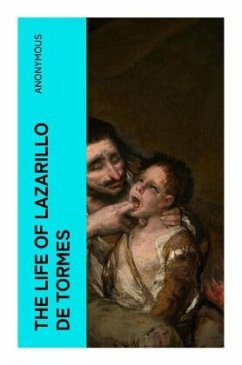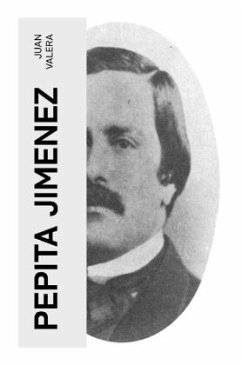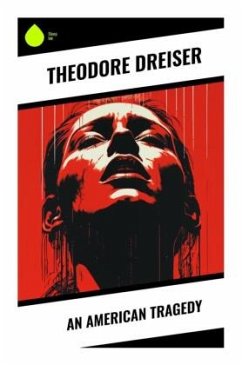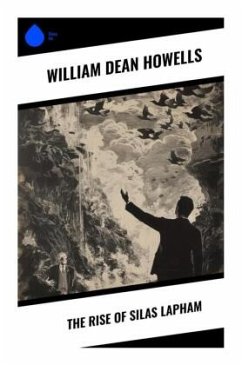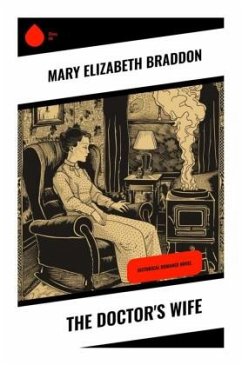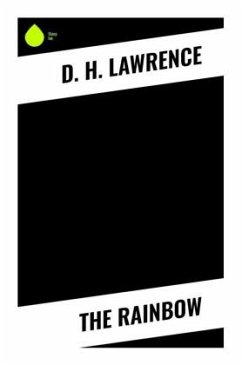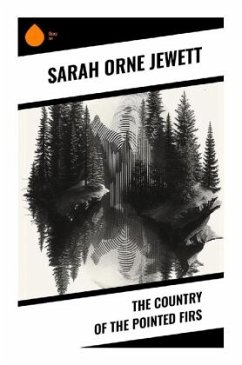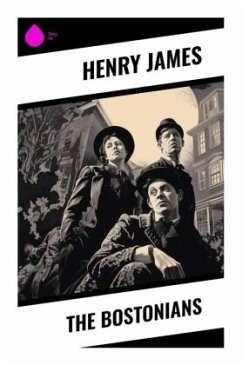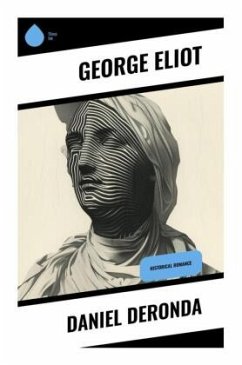
The Age of Innocence
Must Read Classics Series
Versandkostenfrei!
Versandfertig in 6-10 Tagen
12,00 €
inkl. MwSt.

PAYBACK Punkte
0 °P sammeln!
Set against the backdrop of New York City's aristocratic society in the 1870s, Edith Wharton's "The Age of Innocence" intricately explores themes of tradition, love, and conformity through the lens of societal expectation. Wharton's rich prose and keen psychological insight delve into the lives of the upper class, revealing the constraints of their rigid social structures. The novel employs a narrative style infused with irony and subtle critique, highlighting the conflicts between personal desire and social duty, all amid a vibrant, detailed depiction of American high society's customs and mo...
Set against the backdrop of New York City's aristocratic society in the 1870s, Edith Wharton's "The Age of Innocence" intricately explores themes of tradition, love, and conformity through the lens of societal expectation. Wharton's rich prose and keen psychological insight delve into the lives of the upper class, revealing the constraints of their rigid social structures. The novel employs a narrative style infused with irony and subtle critique, highlighting the conflicts between personal desire and social duty, all amid a vibrant, detailed depiction of American high society's customs and moralities. Edith Wharton, the first woman to win the Pulitzer Prize for fiction, drew upon her own experiences within New York's elite circles and her extensive travels in Europe. Her sharp observations of societal norms and her keen interest in the interplay of personal and societal values serve as a backdrop for this novel, reflecting her own struggles against the restrictions imposed by her upbringing. Wharton's often autobiographical elements and acute social commentary provide readers with a deeper understanding of her motivations and insights. "The Age of Innocence" is a timeless examination of love's complexities and the stifling power of convention, making it a compelling read for anyone interested in the intersections of personal freedom and social obligation. Readers will find themselves captivated by Wharton's nuanced characters and exquisite prose, providing a thought-provoking reflection on the cost of adherence to societal norms in pursuit of individual happiness.



